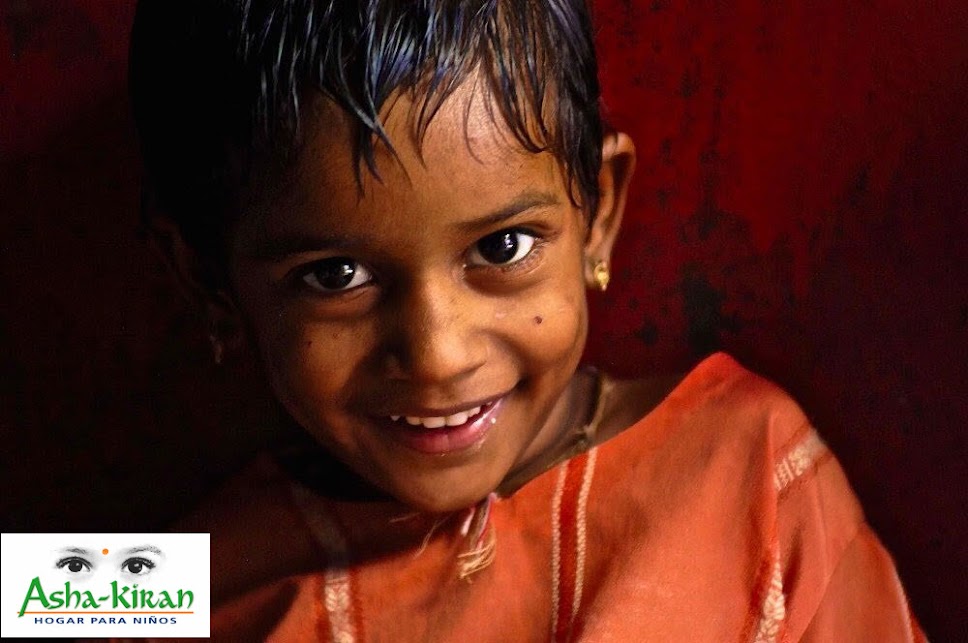Training always helps to bring about positive changes and improve current skills in any profession. The teachers from Yashodhara Shelter and the Day Care Centers for Laborers’ Children have already gone through a lot of training, some of which has been conducted in the premises and some at other locations.
We planned new training for teaching- as well as non-teaching staff who are equally involved in the children’s educational progress. The subjects covered in the training are related to education and the process of education, understanding of child psychology, and coping with life situations. The objective is to promote positive changes and improve skills in the education field, upgrade teachers’ knowledge about social issues related to children, introduce innovative teaching methods, and improve the school atmosphere so that children won’t be uncomfortable in the classroom.
Keeping all these aspects in mind, we designed a specific curriculum for these two-day training program, which eight teachers of the Day Care Centers and one social worker attended.
The first day, we focused on the social issue of corporal punishment. In this regard, we covered the need to develop healthy discipline policies and practices in schools through a participatory approach, various situational interventions to stop corporal punishments whenever required, and build awareness about corporal punishment through posters, pamphlets, exhibitions.
On the second day, we covered the national and state Curriculum Framework of Education, constructivism, continuous comprehensive evaluation, stress management among students, discipline, co-operative learning and creative teaching. The stages in all the sessions were self-introduction, key-note address, orientation lectures, group discussion, sharing session, question and answer session, and individual and group assignments. All the teachers enjoyed the training and found the sessions very useful.



